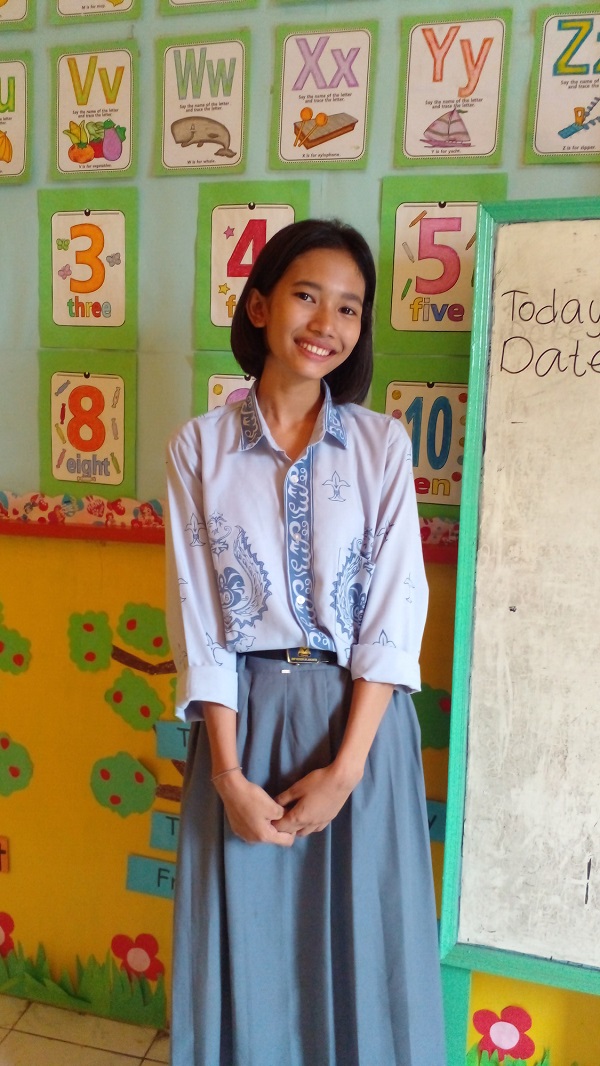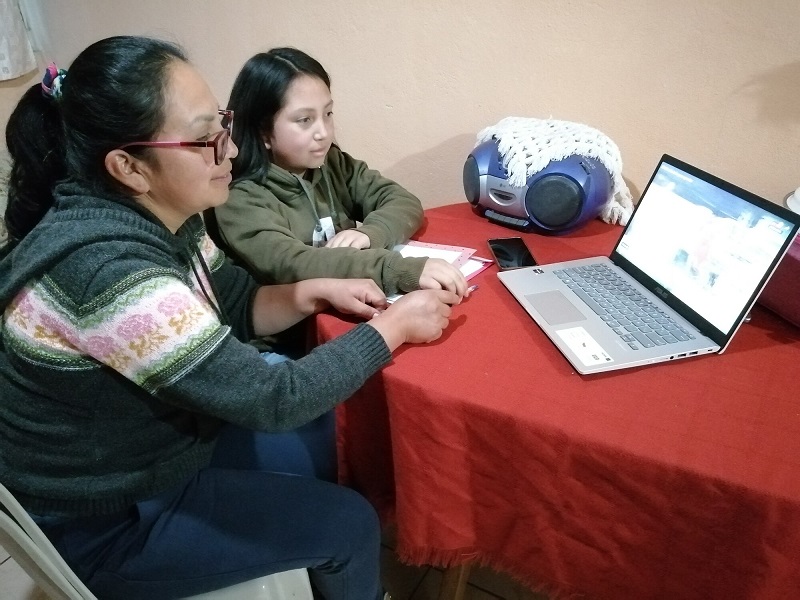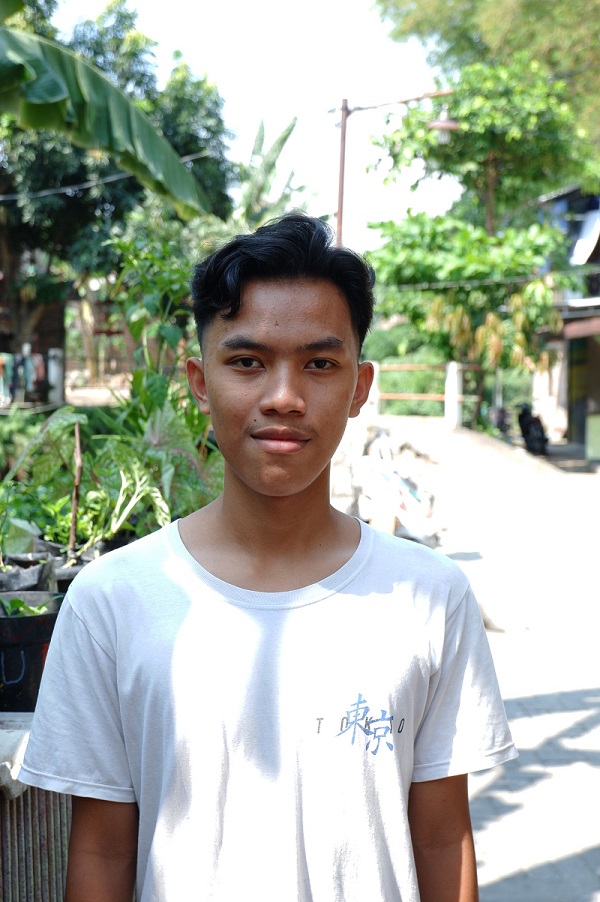Site will be
unavailable for maintenance from June. 4, 11:30 p.m., to June 5, 12:30 a.m. ET. Thank you for your
patience!
Young people sound off on online sexual exploitation
Posted on 11/19/2021
Online sexual exploitation and abuse of children – or OSEAC, for short – has exploded since the beginning of the COVID-19 pandemic. With more and more young people spending time on the internet, children of all ages, in all countries, are at risk of being exploited or abused in the booming industry that is the production of child sexual abuse materials online.
But we can’t end these insidious crimes against children without listening to children themselves. After all, they are the experts on their own experiences. Read on to learn what young people have to say about OSEAC in their communities and the critical role adults must play in promoting online safety for kids.
‘It can cause prolonged trauma’: Asha, Indonesia

Asha, 16, Indonesia.
Asha, 16, enjoys spending time on social media sites like Instagram. But one day, she was added to a group chat that changed the way she thought about the platform.
“I could see from the indecent profile photo that this group contained exploitation [of children],” Asha says. As a longtime member of ChildFund’s Voice Now! youth group in her community, which had taught her about online safety for kids and teens, she immediately blocked the group, but the image stayed in her mind.
“OSEAC is mentally dangerous because it can cause prolonged trauma [for children],” Asha says, adding that in her community, lack of parental supervision and involvement sometimes leads to children and teens forming close relationships with adults outside of their families – often the wrong ones. “When this person … knows the child, he or she [can] easily lead them to [OSEAC].
“Parents must teach their children to be wiser in using social media,” Asha says. “We are in the digital era. Everything is online, and people can access anything easily. Children must maintain the trust of their parents and not confide in others. Just talk to your parents.”
‘Adults should be responsible for protecting children’: Darli, Ecuador

Darli, 11, Ecuador, and her mom.
When schools in her community shut down to slow the spread of COVID-19, Darli, 11 – like so many other children – had to learn how to study virtually. While she was grateful for the opportunity to continue her education, spending so much more time on the computer came with lots of risks. Fortunately, her mom is deeply involved in her life and made sure to teach her about those.
“My mother and I participated in ChildFund workshops on the proper use of the internet,” Darli says. “We learned that children should not accept friend requests from unknown people, give out family or personal information. You must have privacy in virtual media.”
Darli adds that in her community, children spend a lot of time online. When a child has experienced online abuse, they tend to withdraw from social activities with other children and feel “sad, afraid, worried with shame and depressed,” she says.
“Parents do not know ways to have control of what their children watch. But adults should be responsible for protecting children from violence online. Parents can talk with their children about the risks of the internet and set the rules of its use.”
‘Children do not know about the dangers’: Ardan, Indonesia

Ardan, 16, Indonesia.
Ardan, 16, says that OSEAC has a negative impact on children and can cause mental health problems. But children often use the internet with little knowledge of its risks. Without guidance on these risks, they are attractive targets for online predators and traffickers – especially on social media.
“Due to the pandemic, all children’s activities have become completely online,” he says. “Many children do not know about the dangers that exist on the internet. And many children have not been educated about how to use social media properly.
“In order to avoid OSEAC, young people must limit social media interactions. Don’t trust people you just met on social media,” Ardan says.
The fight to shut down OSEAC
While none of the young people we interviewed have been victims of OSEAC themselves, they are, like all children, at risk. But their risk is significantly reduced because they can confidently talk about these issues openly.
In November 2021, ChildFund and UNICEF hosted a panel on OSEAC at NetHope Summit 2021, where leading international NGOs and partners converged to discuss how technology companies and civil society can come together to tackle some of the most urgent issues of our time. Everyone in attendance agreed on one important point: that sustained global efforts are required to really get people talking about an issue as widespread, pervasive and deeply harmful as online sexual abuse.
“It’s only through partnerships that we can say we’re winning this battle,” said Chege Ngugi, ChildFund’s Africa Regional Director – partnerships between nonprofits and governments, businesses and communities, parents and children. “No one sector can do this alone.”
And of course, we can’t do it without the participation of children themselves. Beyond adults having clear and open communication with their children about online safety, kids themselves must be equipped with self-protection skills so they know how to recognize situations of potential danger and where to go for help.
Want to become more involved in the fight to shut down OSEAC? Learn more about how we’re working to stop it. And remember: If you see something, say something. You can anonymously report suspected online sexual abuse via the National Center for Missing and Exploited Children’s CyberTipline.
Loading...


